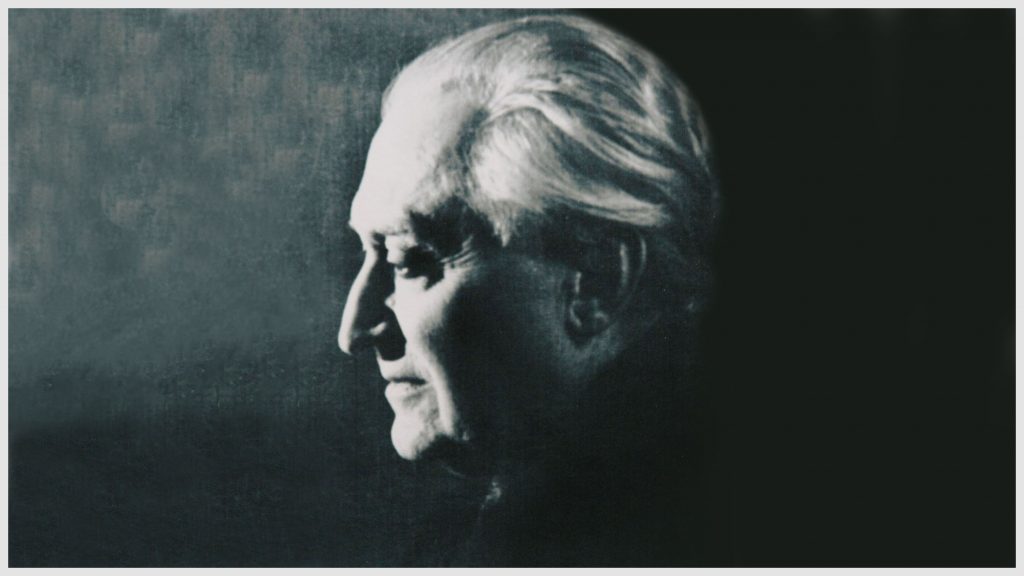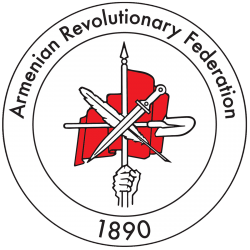Liparit Nazariants

Born in the Chatal Oghli village of Lori, Nazariants moved at an early age to Yerevan, where he attended Yerevan’s Russian School (Gymnasium). He received his higher education first at Moscow University, where he specialized in law, and later at Berlin University, where he specialized in philosophy, graduating in 1901.
Joining the ARF during his years in Europe. Nazariants became particularly active in galvanizing the Armenian student movement in Europe at the turn of the century.
In 1905, he returned to the Caucasus, spending some time in Baku, then Tiflis, where he became part of the editorial staff of the ARF publication Harach. Journalism was to remain an integral part of his activities for the rest of his life.
Following the establishment of the constitutional order in the Ottoman Empire, Nazariants moved to Constantinople, where he became part of the editorial staff of Azatamart. Before the outbreak of World War I, he moved to Germany to serve as a correspondent for several European newspapers. During the war, he was sent back to Constantinople on behalf of an Armeno-German association. Soon after, he left Turkey to become editor of Hayastan in Sofia, Bulgaria.
Nazariants was a prominent diplomatic figure during Armenia’s years of independence, serving for a time as a consular official in Berlin.
He, along with Dr. Hagop Zavrian (Zavriev) and Artashes Chilingirian (Rouben Darbinian), formed the official delegation that traveled to Moscow in 1920, seeking the diplomatic recognition of the Republic of Armenia from the Soviets. Upon arrival in Moscow, Zavrian and Nazariants were imprisoned, whereas Darbinian escaped. Nazariants and Zavrian were both released months later, with Zavrian dying shortly thereafter from the ill treatment he had received in prison.
Upon the fall of the Armenian Republic, Nazariants moved again to Europe. An active participant in Operation Nemesis (the movement to punish those responsible for the Armenian Genocide), he also served as one of the defense lawyers during the 1921 Berlin trial of Soghomon Tehlirian, who had assassinated Talaat Pasha. Tehlirian was eventually acquitted.
In 1928, Nazariants moved to Egypt. There, he would spend the rest of his days working primarily as an editorial associate for the ARF newspaper Houssaper (Bringer of Hope). He also had a substantial literary output that included plays and translations.
